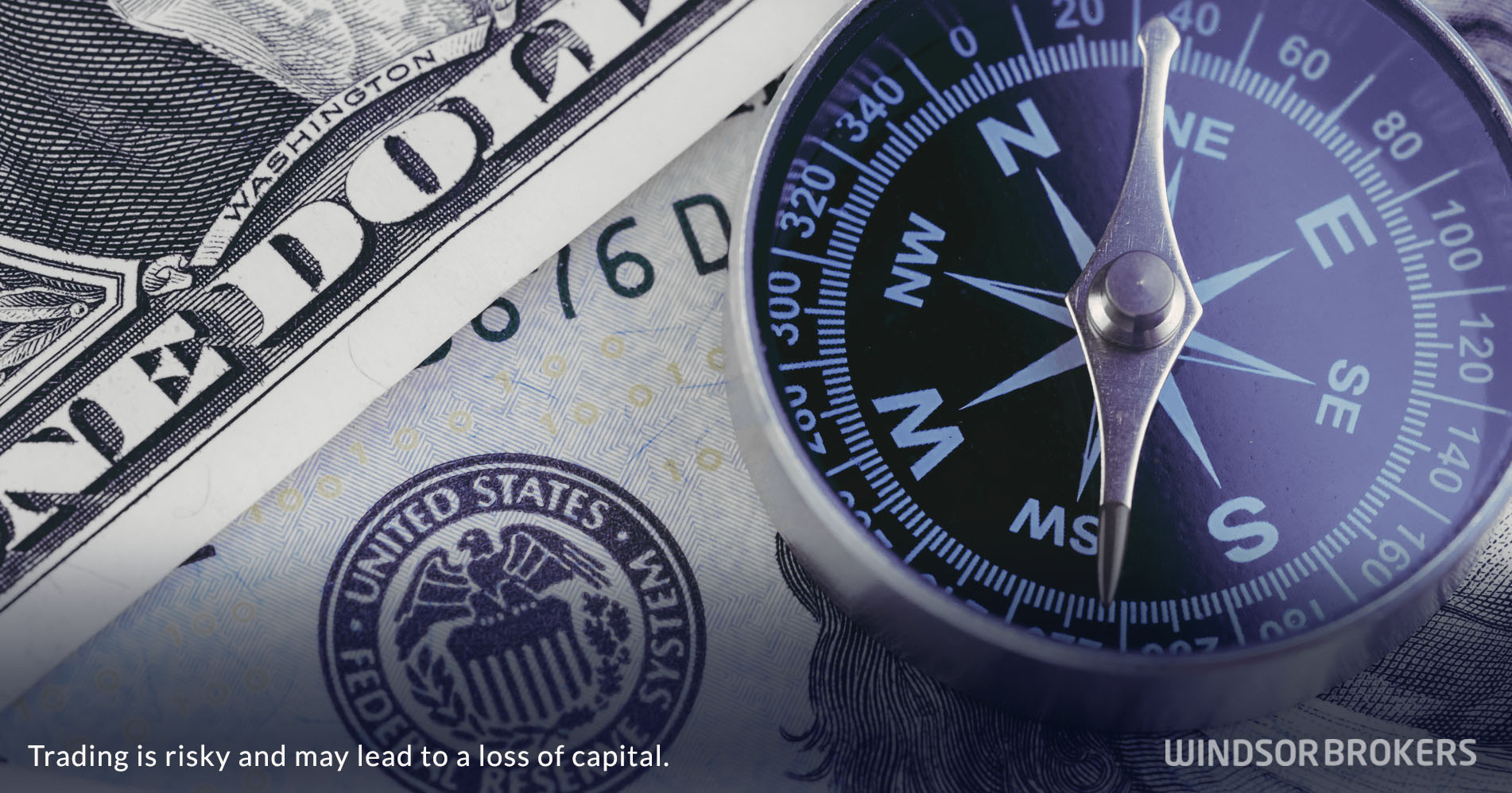Calmer tones from US policymakers come after initial signals of more aggressive rate hike in March
The US inflation increased further in January and hit the highest in 40 years that fueled expectations for more aggressive approach from the US Federal Reserve in their next policy meeting.
After the number of economists and some policymakers raised their bets for 50 basis points rate hike as the central bank signaled a quarter percent increase in March and up to 1.75% of tightening by the end of the year, calmer tones can be heard from the US policymakers.
San Francisco Federal Reserve President Mary Daly said over the weekend that being too abrupt and aggressive with interest rate increases could be counter-productive and that she is not yet prepared to support a 0.5% rate hike, even the inflation is running well above Fed’s 2% target.
Daly said that according to the latest data the central bank needs to pull out some of the support to the economy, but too aggressive action can have a destabilizing effect on the economic growth and price stability that the Fed is trying to achieve.
She said that the central bank should start raising interest rates at March meeting and then make the next rate hike when it seems the best place to that, at the next meeting or possibly a meeting away.
Daly also pointed to an overheated geopolitical situation over Ukraine and expressed her worries on the impact in case the situation escalates further.
She highlighted the uncertainty that any geopolitical risk brings, among the other key points, such as the situation with Covid and the way economy is going that all contribute to growing consumer uncertainty, which affects consumer sentiment and eventually consumer demand.


